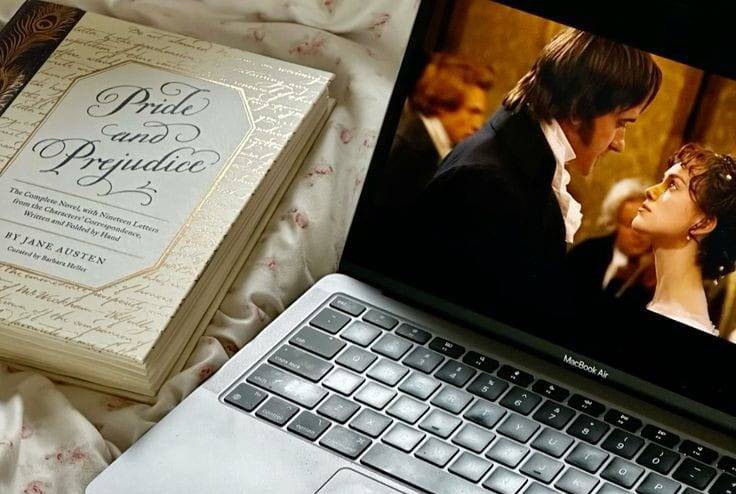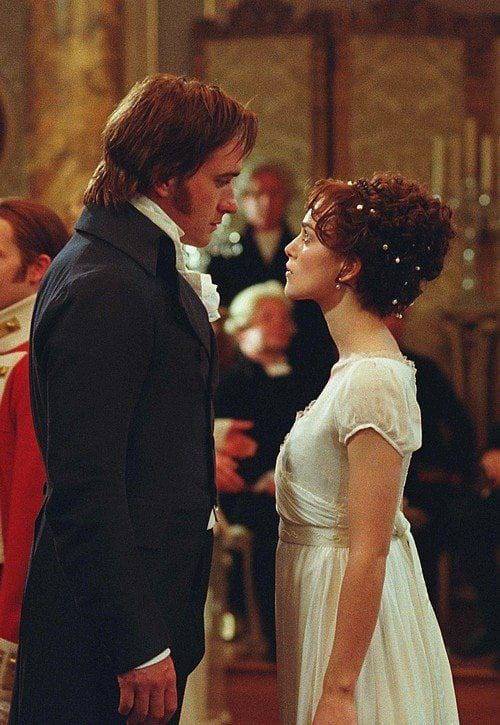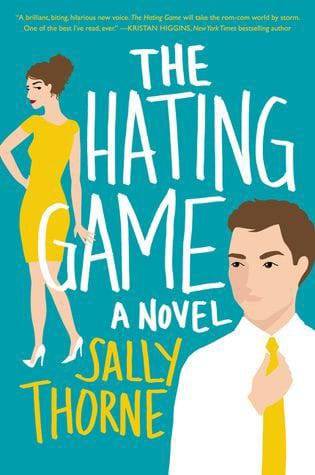Romance literature is a landscape of passionate embraces, stolen eye contacts, and heart-stopping confessions. But let’s face it, sometimes the most entertaining love stories are born out of fiery feuds and long-standing grudges. Add a dash of humor, and you’ve got yourself a rollercoaster of emotions that keep readers hooked from page one.
In the rollercoaster of romance literature, long-standing feuds and second chances are like the secret sauce that makes everything taste better. These juicy plot elements are essential for turning a good story into a can’t-put-down page-turner. Feuds are where the real fun begins—two characters locked in a battle of wits, often over something as ridiculous as a ruined science fair project from third grade. The loathing, whether sparked by a misunderstanding, a bruised ego, or just plain stubbornness, adds layers of delicious tension and keeps readers hooked. This tension makes the eventual resolution not just satisfying, but downright victorious . Plus, who doesn’t love some snarky banter and hilarious competition? It’s like a verbal match where everyone’s a winner, especially the audience.
The mix between long-standing feuds and second chances makes rich, multifaceted romantic narratives. Arguments often set the stage for the need for second chances, pushing characters to confront their past and seek redemption.
Feuds in romance novels often escalate in the most ridiculous ways. Whether it’s through accidental public humiliations or comically misunderstood situations, the stakes keep getting higher. Think food fights at family gatherings, sabotage at workplace events, or miscommunications that spiral out of control. An example is “Emma” by Jane Austen, Emma Woodhouse’s misguided attempts at matchmaking lead to a series of comic misunderstandings, especially with Mr. Knightley. Their disagreements are rooted in Emma’s meddling nature, which Knightley sternly disapproves of. Their evolving dynamic is a masterclass in humorous conflict. Another example is “The Hating Game” by Sally Thorne. Lucy and Joshua’s rivalry is the epitome of workplace warfare. From petty pranks to outright sabotage, their battle for a promotion is filled with lol moments. Beneath their loathing, however, lies a simmering attraction that’s just waiting to explode.
Then, we have the theme of second chances, which hits us right in the feels. Who hasn’t dreamed of getting a do-over, especially in matters of the heart? When characters who’ve messed things up manage to find their way back to each other, it’s like watching a rom-com where the hero and heroine finally get it right—after plenty of awkward encounters and laugh-out-loud mishaps, of course. These reunions, often spurred by grand gestures or moments of unexpected vulnerability, remind us that love is resilient, forgiving, and a tad bit complicated. So, whether it’s a glaring glance across a crowded room or a dramatic airport chase (cue the rom-com clichés), these moments of getting back together make our hearts do little happy dances.
Newer stories like “La La Land” and shows like “Friends” also has the theme of second chances. These stories highlight the idea that true love can prevail, despite time, distance, and personal growth. They’re the narrative equivalent of cheering for your favorite couple to finally get it right, even if it takes a few seasons and a dramatic finale.
In romance literature, second chances are often the most gratifying. Characters who have previously failed in love or who have been torn apart by circumstances find themselves back in each other’s orbits. These reunions are filled with humor, nostalgia, and the sweet promise of a fresh start. Let’s talk “Persuasion” by Jane Austen, Anne Elliot and Captain Wentworth’s love story is a testament to lasting affection. Years after being persuaded to break off their engagement, Anne and Wentworth find themselves getting back together. Their journey is a blend of regret, humor, and renewed hope.
In the end, long-standing feuds and second chances are the backbone of romance literature, creating dynamic and emotionally charged stories that explore the messy world of human relationships. They show us that love is not just about the sweet and easy times, but also about the fiery arguments, the awkward apologies, and the oh-so-satisfying makeups. It’s this blend of conflict, humor, and heart that makes the journey to love all the more rewarding for characters and readers alike. So next time you dive into a romance novel, get ready to laugh, cry, and cheer for those perfectly imperfect love stories.



